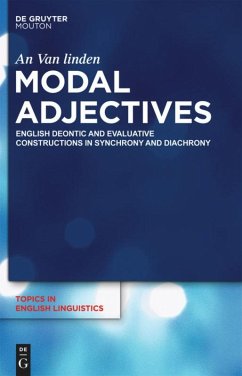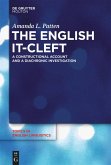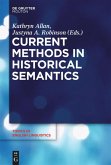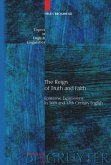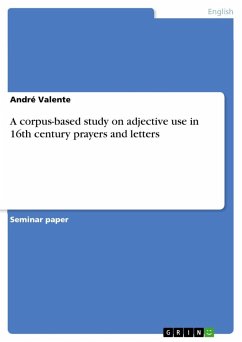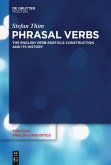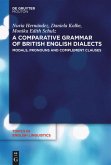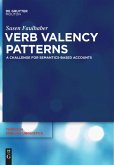The book revisits the notion of deontic modality from the perspective of an understudied category in the modal domain, viz. adjectives. On the basis of synchronic and diachronic corpus studies, it analyses the semantics of English adjectives like essential and appropriate, and uses this to refine traditional definitions of deontic modality, which are mainly based on the study of modal verbs.
In a first step, it is shown that the set of meanings expressed by extraposition constructions with deontic adjectives is quite different from the set of meanings identified in the literature on modal verbs. Adjectival complement constructions lack the directive meanings of obligation or permission, which are traditionally regarded as the core deontic categories, and they have semantic extensions towards non-modal meanings in the evaluative domain. In a second step, the analysis of adjectives is used to propose an alternative definition of deontic modality, which covers both the meanings of verbs and adjectives, and which can deal with the different extensions towards modal and non-modal categories. This is integrated into a conceptual map, which works both in diachrony, defining pathways of change from premodal to modal to evaluative meaning, and in synchrony, accommodating refinements within each set of meanings. In the process, this study points to the emergence of partially filled constructions, and it offers additional evidence for well-established changes in the history of English, such as the decline of the subjunctive and the rise of the to-infinitive in complement constructions.
The book is of particular interest to researchers and graduate students with a focus on mood and modality, and the interface between syntax, semantics and pragmatics, as well as that between synchrony and diachrony.
In a first step, it is shown that the set of meanings expressed by extraposition constructions with deontic adjectives is quite different from the set of meanings identified in the literature on modal verbs. Adjectival complement constructions lack the directive meanings of obligation or permission, which are traditionally regarded as the core deontic categories, and they have semantic extensions towards non-modal meanings in the evaluative domain. In a second step, the analysis of adjectives is used to propose an alternative definition of deontic modality, which covers both the meanings of verbs and adjectives, and which can deal with the different extensions towards modal and non-modal categories. This is integrated into a conceptual map, which works both in diachrony, defining pathways of change from premodal to modal to evaluative meaning, and in synchrony, accommodating refinements within each set of meanings. In the process, this study points to the emergence of partially filled constructions, and it offers additional evidence for well-established changes in the history of English, such as the decline of the subjunctive and the rise of the to-infinitive in complement constructions.
The book is of particular interest to researchers and graduate students with a focus on mood and modality, and the interface between syntax, semantics and pragmatics, as well as that between synchrony and diachrony.
"[...] this is a valuable addition to the field of historical semantics and to the literature on modality. It is a useful, detailed, clearly written volume. Van linden's approach is solidly empirical, and her data lead to a focused and cohesive conceptual map of adjectival modality and evaluation. This book is highly recommended to researchers with an interest in historical linguistics as well as to those studying adjectival semantics."
James A. Berry in: Linguist List 23.5148
James A. Berry in: Linguist List 23.5148

